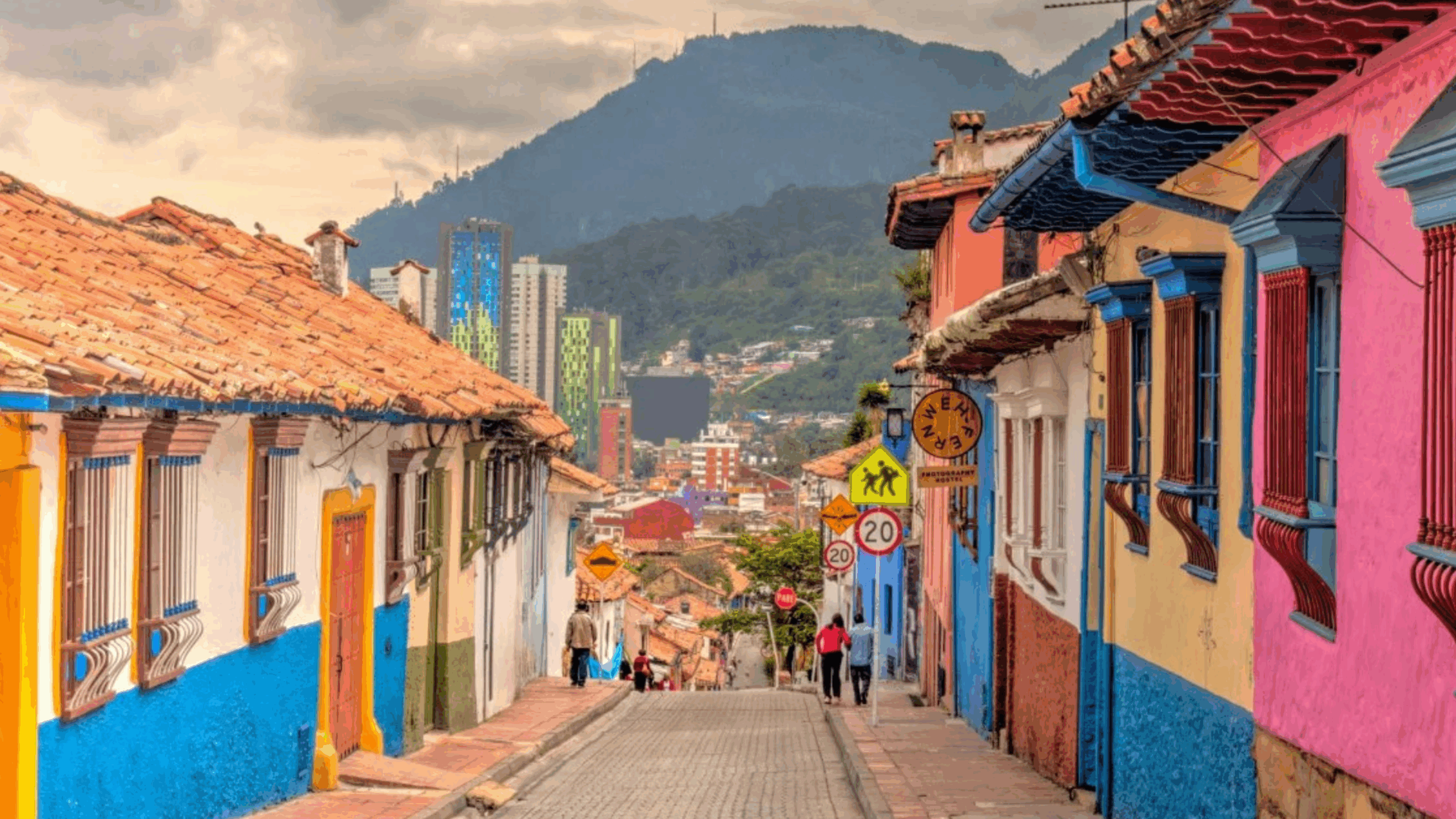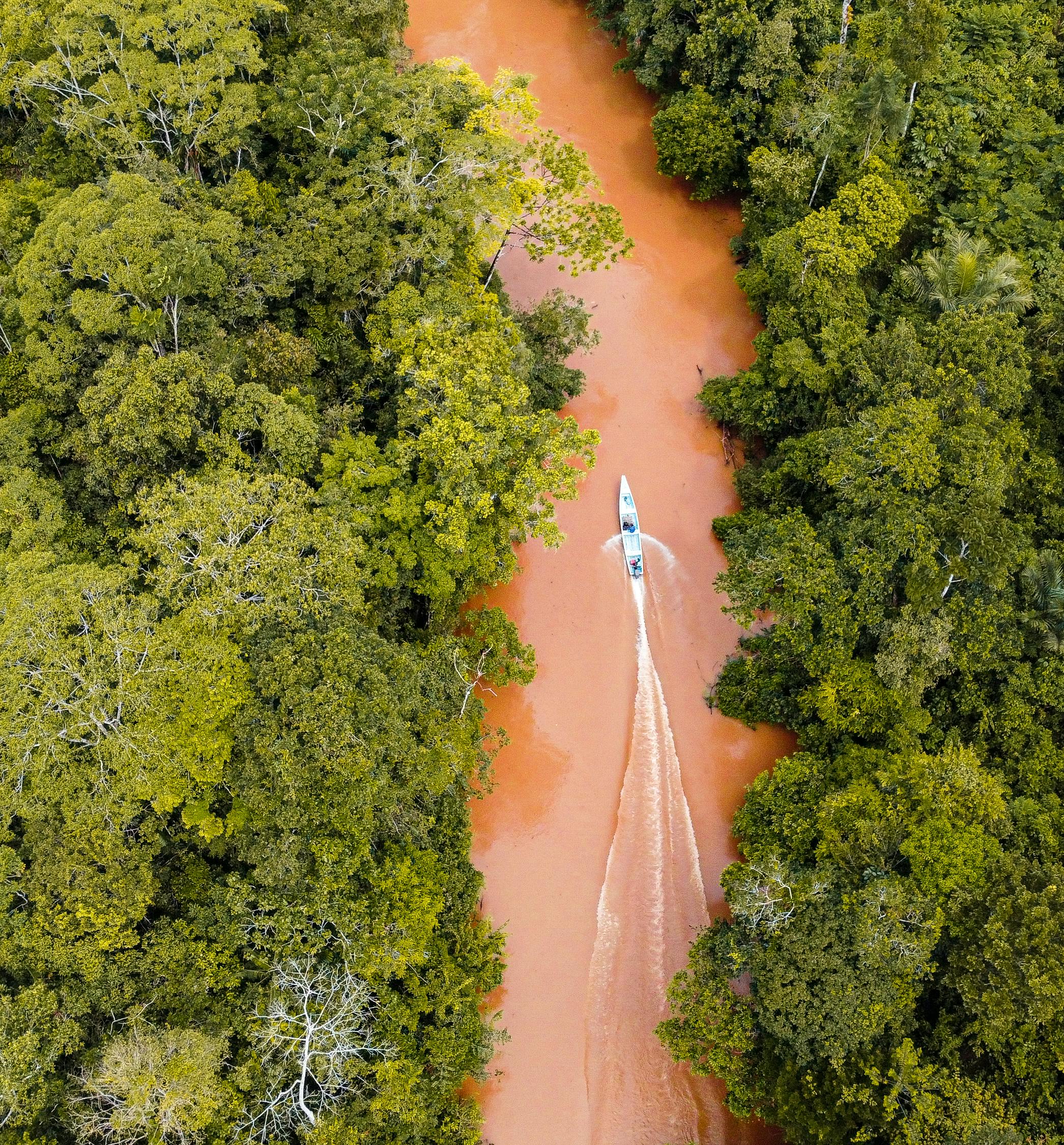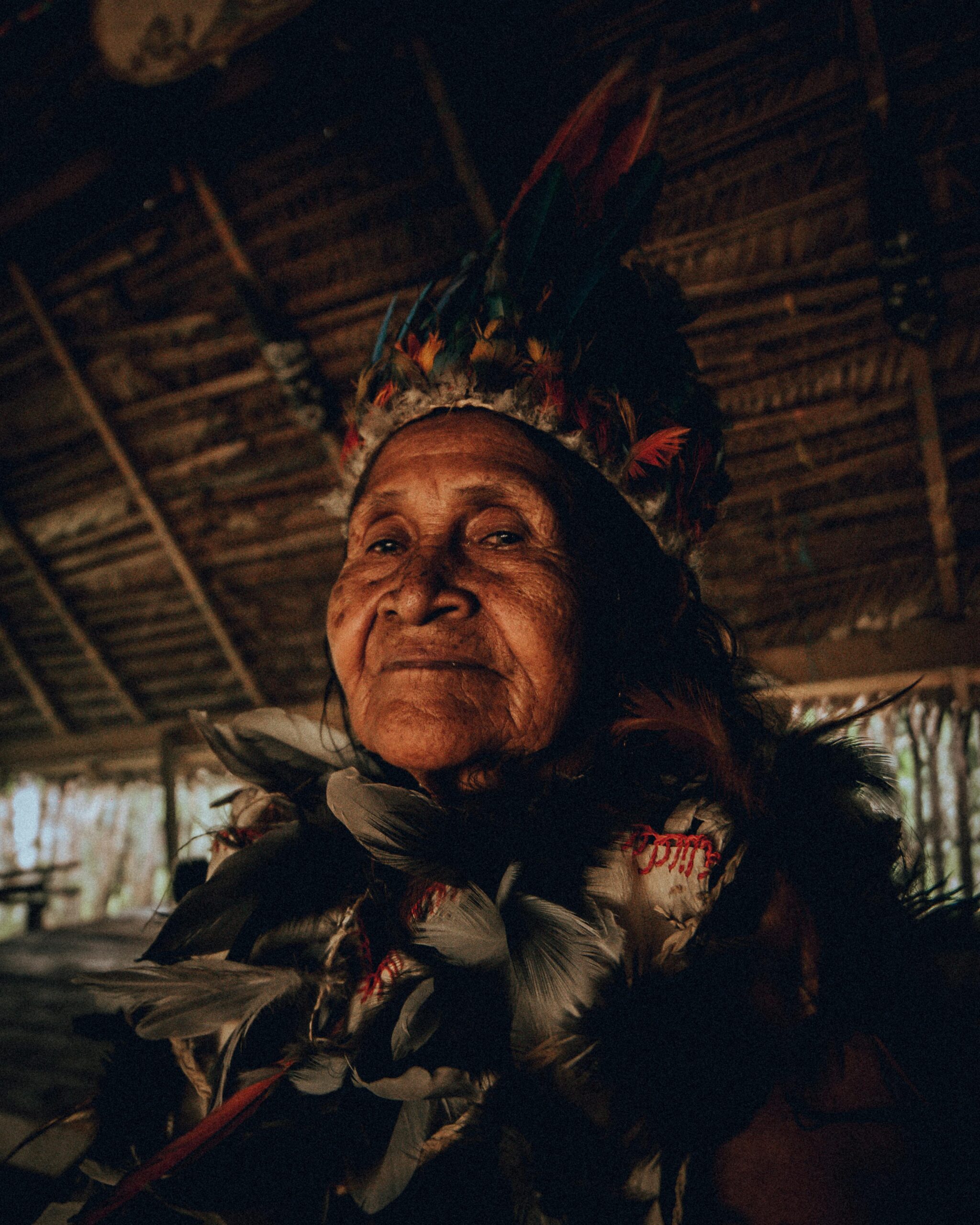
Colombian Congress considers a Basic Income Bill
If approved, it could change how we protect rainforests forever
Something historic just happened in Colombia. A Universal Basic Income Bill has been filed in Congress, with support from seven political parties, 32 members of Congress, and a wave of social movements. It’s bold, it’s ambitious, and it could transform how people and rainforest are protected.
At the same time, we’ve started working with our partners Equal Right on a brand new “Basic Income for Conservation” project in the Colombian Amazon. One is national policy, the other a local pilot. Both are rooted in the same idea: put cash directly into people’s hands, and everyone wins.

Why it matters
Colombia’s Amazon is vast, nearly 48 million hectares of rainforest. It’s home to jaguars, pink river dolphins, sloths, and 64 Indigenous groups who’ve safeguarded it for thousands of years. But in 2024, deforestation surged 35%. The drivers? Conflict, inequality, weak regulation, and armed groups pushing deeper into the forest.
We’ve seen this before. And we know the answer isn’t top-down policies or short-term fixes. It’s backing the people who’ve protected rainforest for generations. That’s what basic income does: it reduces inequality, strengthens resilience, and keeps forest standing.

Peace with nature
Equal Right calls the Colombian project “Basic Income for Peace with Nature.” The name says it all. Unconditional cash recognises Indigenous peoples as protectors of the forest, supports communities scarred by conflict, and creates the breathing space to build peace.
Our pilot together will work with around 1,000 Indigenous people across 200,000 hectares of rainforest. That’s a 30% boost in the forest Cool Earth helps protect. The first cash transfers are due between August and October 2026, but the real impact starts now, as we co-create the project with communities and Indigenous organisations.
From pilot to policy
What’s exciting is how these two worlds, our pilot and Colombia’s new bill, overlap. One shows what works on the ground, the other sets the stage for national and global change. Together, they prove that unconditional cash isn’t fringe thinking. It’s fair, it’s effective, and it’s a solution that scales.
17 years of experience has taught us one thing: when people thrive, rainforests survive. Colombia’s push for universal basic income is proof that climate action and economic justice can go hand in hand. And that’s the kind of history worth making.